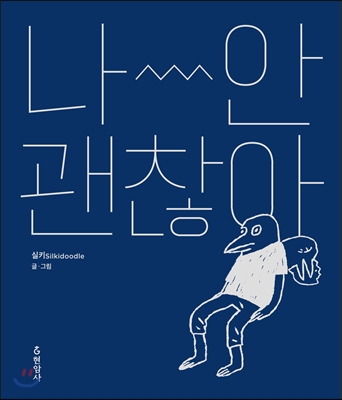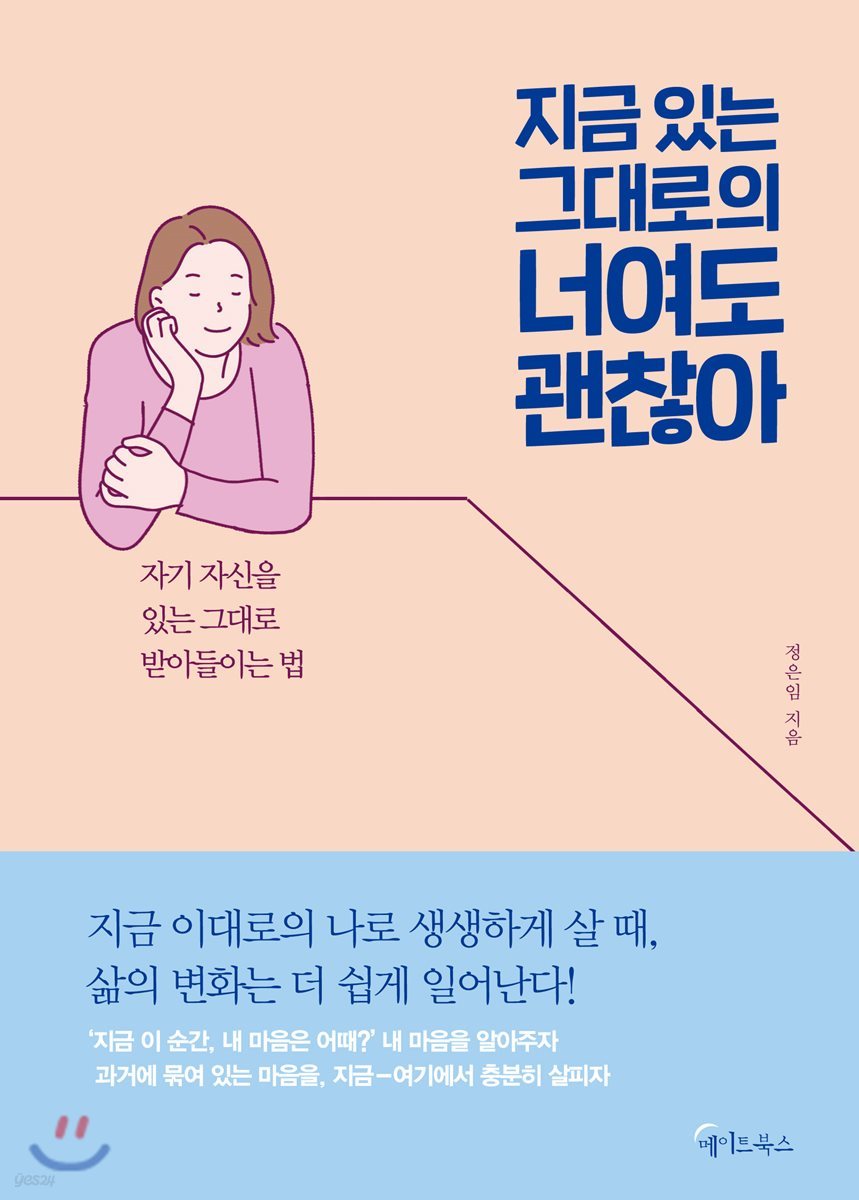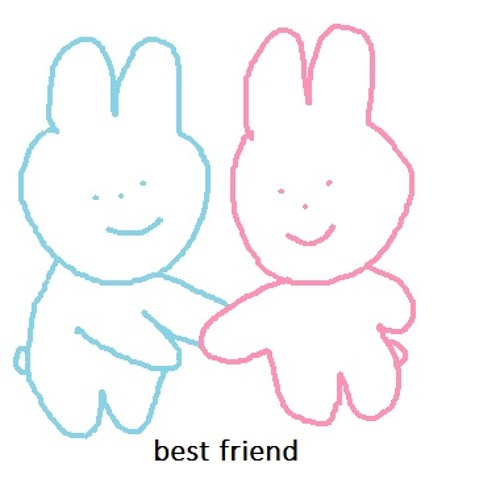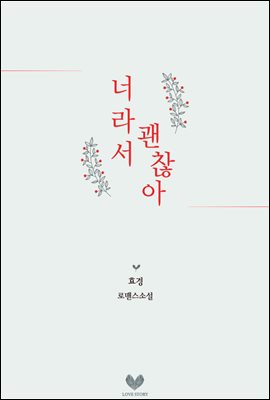너 괜찮아?
너 괜찮아? is a common Korean phrase used to ask someone if they are okay or how they are feeling emotionally. In today’s fast-paced and stressful society, it is important to check in on our loved ones and offer support when they are going through difficult times. This article will explore various ways to check on someone’s emotional state, understand their feelings through conversation, extend a helping hand, practice self-care during tough times, seek professional help if needed, and the importance of ongoing support.
1. 감정 상태 확인하기 (Checking emotional state)
Before we can offer help or support, it is crucial to first check on someone’s emotional state. By asking “너 괜찮아?” (Are you okay?), we can start a conversation and let them know that we care about their well-being. Look for signs of distress, such as changes in behavior, mood swings, or withdrawal from social activities. Be approachable and create a safe space for them to open up.
2. 대화를 통한 이해 (Understanding through conversation)
Once we have established a line of communication, it is important to actively listen and understand what the other person is going through. Encourage them to express their feelings and thoughts without judgment. Ask open-ended questions and provide empathy. Sometimes, just having someone to talk to can be a great source of comfort and relief.
3. 도움의 손길을 내밀기 (Extending a helping hand)
If someone is going through a tough time, offering practical help can make a significant difference. This can be as simple as helping with household chores, running errands, or preparing a meal together. By offering our assistance, we show our support and willingness to alleviate their burden.
4. 힘들 때의 자기 돌봄 (Self-care during tough times)
During difficult periods, it is important to prioritize self-care. Encourage the person to take breaks, engage in activities they enjoy, and practice self-compassion. Remind them that it is okay to focus on their own well-being and seek solace in activities that bring them comfort and relaxation.
5. 전문가의 도움을 받기 (Seeking help from professionals)
If someone’s emotional state does not improve or worsens despite your efforts, it may be necessary to seek help from professionals. Encourage them to reach out to therapists, counselors, or psychologists who can provide the necessary support and guidance. Sometimes, professional intervention is needed to address deeper underlying issues.
6. 지속적인 돌봄의 필요성 (The importance of ongoing support)
Even after the initial period of emotional distress, it is important to continue offering support and checking in on their mental well-being. Regularly ask “너 괜찮아?” (Are you okay?) and be attentive to any signs of relapse or deterioration. By providing ongoing support, we can help them build resilience and ensure long-term well-being.
FAQs:
Q1: How often should I check on someone’s emotional state?
A1: The frequency of checking on someone’s emotional state depends on the individual and the severity of their situation. However, it is important to check in regularly, especially during challenging times. Small gestures like sending a message or scheduling regular catch-up sessions can go a long way in showing your support.
Q2: What are some signs that someone may not be okay?
A2: Signs that someone may not be okay include sudden changes in behavior, withdrawal from activities and social interactions, loss of interest, excessive sadness or anxiety, changes in appetite or sleep patterns, and increased irritability. It is important to trust your intuition and intervene if you sense that something is wrong.
Q3: How can I encourage someone to seek professional help?
A3: It can be challenging to convince someone to seek professional help, as they may be hesitant or resistant. Express your concern for their well-being and provide information about the benefits of seeking professional assistance. Offer to accompany them to appointments or help them research reputable therapists or counselors. Ultimately, everyone has their own journey, and it is important to respect their choices while continuing to offer support.
너 괜찮아? (Are you okay?) is a powerful phrase that demonstrates care, empathy, and support. By incorporating these strategies into our interactions with others, we can make a positive impact on their emotional well-being. Remember to listen actively, offer practical help, promote self-care, encourage professional assistance if necessary, and provide ongoing support. Let’s create a society where asking “너 괜찮아?” becomes the norm and where everyone feels comfortable seeking help when they need it.
사용자가 검색한 키워드: 너 괜찮아? 너 괜찮아 in English
Categories: Top 96 너 괜찮아?
[슈가송] ↖시즌 3 최초 100불↗ 진주(JinJu) ‘난 괜찮아’♬ (소름;;) 슈가맨3(SUGARMAN3) 10회
여기에서 자세히 보기: muadacsan3mien.com
너 괜찮아 in English
Introduction:
The phrase “너 괜찮아” (pronounced neo gwenchana) holds a deep significance in Korean culture. It translates to “Are you okay?” or “Are you fine?” in English. However, the meaning and connotations behind this seemingly simple phrase go much deeper. In this article, we will explore the various contexts in which 너 괜찮아 is used, its cultural significance, and its role in fostering empathy and support in Korean society.
1. 너 괜찮아 in Everyday Conversations:
In Korean society, 너 괜찮아 is commonly used as a casual greeting among friends, family, and acquaintances. It serves as an expression of concern for someone’s well-being. This phrase reflects the importance of maintaining harmonious relationships and showing genuine care for others.
In a broader sense, 너 괜찮아 is also used to inquire about someone’s emotional state. Koreans value emotional well-being, and this question often serves as an invitation to confide in each other and share their troubles or thoughts. By asking 너 괜찮아, individuals open themselves up to offering support, understanding, and comfort in times of distress.
2. 너 괜찮아 in Difficult Situations:
너 괜찮아 gains significant importance during challenging moments. Whether it is comforting a friend facing difficulties or offering solace to someone experiencing pain, the phrase holds a powerful empathetic meaning. In times of grief, loss, or distress, 너 괜찮아 serves as a comforting reminder to individuals that they are not alone.
This phrase encourages open communication and creates a safe space for individuals to share their struggles without the fear of judgment. By expressing genuine concern and asking 너 괜찮아, Koreans aim to promote mental well-being and emotional support within their communities.
3. Cultural Significance of 너 괜찮아:
너 괜찮아 manifests the deep-rooted culture of collectivism and strong community ties within Korean society. Koreans place great importance on interdependence, and the phrase embodies this value. It signifies a sense of belonging, solidarity, and shared responsibility for each other’s happiness and well-being.
The phrase reflects the cultural emphasis on harmony and maintaining social relationships. Koreans pride themselves on creating amicable atmospheres and strive to ensure that everyone feels supported and valued. 너 괜찮아 serves as a reminder of this commitment to fostering positive relationships and providing emotional support.
FAQs:
1. Is 너 괜찮아 used in formal settings as well?
While 너 괜찮아 is predominantly used in casual conversations, it can also be used in formal situations to express concern for someone’s well-being. However, in formal settings, Koreans may use more polite language to convey the same sentiment.
2. Is there a specific response to 너 괜찮아?
In response to 너 괜찮아, one can reply with 네, 괜찮아요 (Yes, I’m okay) or 아니오, 괜찮지 않아요 (No, I’m not okay). By sharing their emotions honestly, individuals allow others to provide the necessary support and comfort.
3. How can I incorporate너 괜찮아 into my daily conversations with Korean friends?
If you have Korean friends, using 너 괜찮아 can help you demonstrate your concern for their well-being and establish a closer relationship. Additionally, being open to sharing your own feelings when asked 너 괜찮아 can further strengthen your bond and foster mutual support.
4. Are there any variations of 너 괜찮아?
Yes, there are several variations of 너 괜찮아 that convey a similar sentiment. For instance, 너 괜춘해? (Are you good?), 괜찮아? (Are you okay?), and 어때? (How are you?) are commonly used throughout Korean conversations to inquire about someone’s well-being.
Conclusion:
너 괜찮아 plays a pivotal role in Korean society, reflecting the values of empathy, support, and interdependence. Beyond a simple question, it encompasses a deep cultural significance. By using 너 괜찮아, Koreans strive to create a compassionate atmosphere where everyone feels comfortable expressing their emotions and supporting each other through life’s challenges. So, the next time you encounter 너 괜찮아, remember its cultural significance and embrace the opportunity to foster deeper connections with your Korean friends and acquaintances.
주제와 관련된 이미지 너 괜찮아?
![[슈가송] ↖시즌 3 최초 100불↗ 진주(JinJu) '난 괜찮아'♬ (소름;;) 슈가맨3(SUGARMAN3) 10회 [슈가송] ↖시즌 3 최초 100불↗ 진주(JinJu) '난 괜찮아'♬ (소름;;) 슈가맨3(SUGARMAN3) 10회](https://muadacsan3mien.com/wp-content/uploads/2023/06/hqdefault-777.jpg)
너 괜찮아? 주제와 관련된 이미지 34개를 찾았습니다.


![MV] swing (그네) & Damu (다무) - Me who used to be fine, to you who got better (괜찮던 내가 괜찮아진 너에게) - YouTube Mv] Swing (그네) & Damu (다무) - Me Who Used To Be Fine, To You Who Got Better (괜찮던 내가 괜찮아진 너에게) - Youtube](https://i.ytimg.com/vi/s91q325jfOA/maxresdefault.jpg)







![Lyrics Video] BF - 괜찮아 너니까 - YouTube Lyrics Video] Bf - 괜찮아 너니까 - Youtube](https://i.ytimg.com/vi/FD_beSmrnKU/hqdefault.jpg)

![1시간/가사] 그네, 다무(Damu) - 괜찮던 내가 괜찮아진 너에게 - YouTube 1시간/가사] 그네, 다무(Damu) - 괜찮던 내가 괜찮아진 너에게 - Youtube](https://i.ytimg.com/vi/m15iCa6Y3Vs/maxresdefault.jpg)











Article link: 너 괜찮아?.
주제에 대해 자세히 알아보기 너 괜찮아?.
- 너 괜찮아 – translation from Korean to English with examples
- 너 괜찮아 (neo gwaenchanh-a) 영어 뜻 – 영어 번역 – Tr-ex
- 괜찮아 – 영어 번역 – bab.la 사전
- 괜찮아 영어로, 아직도 ‘Are you OK?”만 한다면? | Engoo 블로그
- #너괜찮아 hashtag on Instagram • Photos and videos
- 지금 있는 그대로의 너여도 괜찮아 – Kết quả Tìm kiếm Sách của Google
더보기: blog https://muadacsan3mien.com/tin-tuc